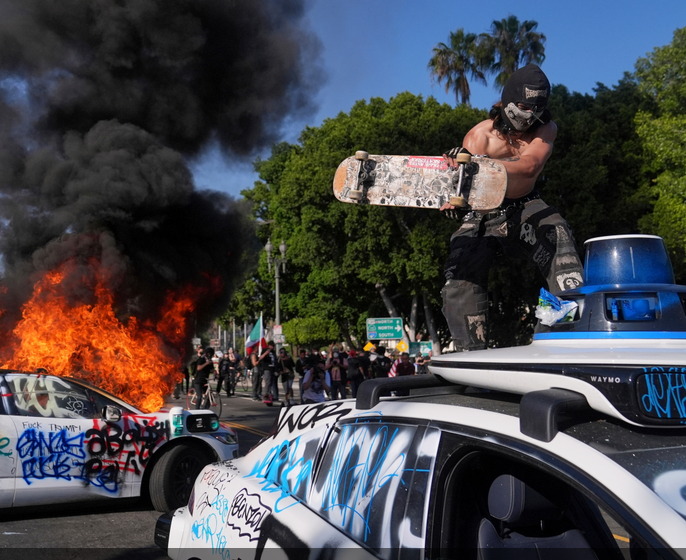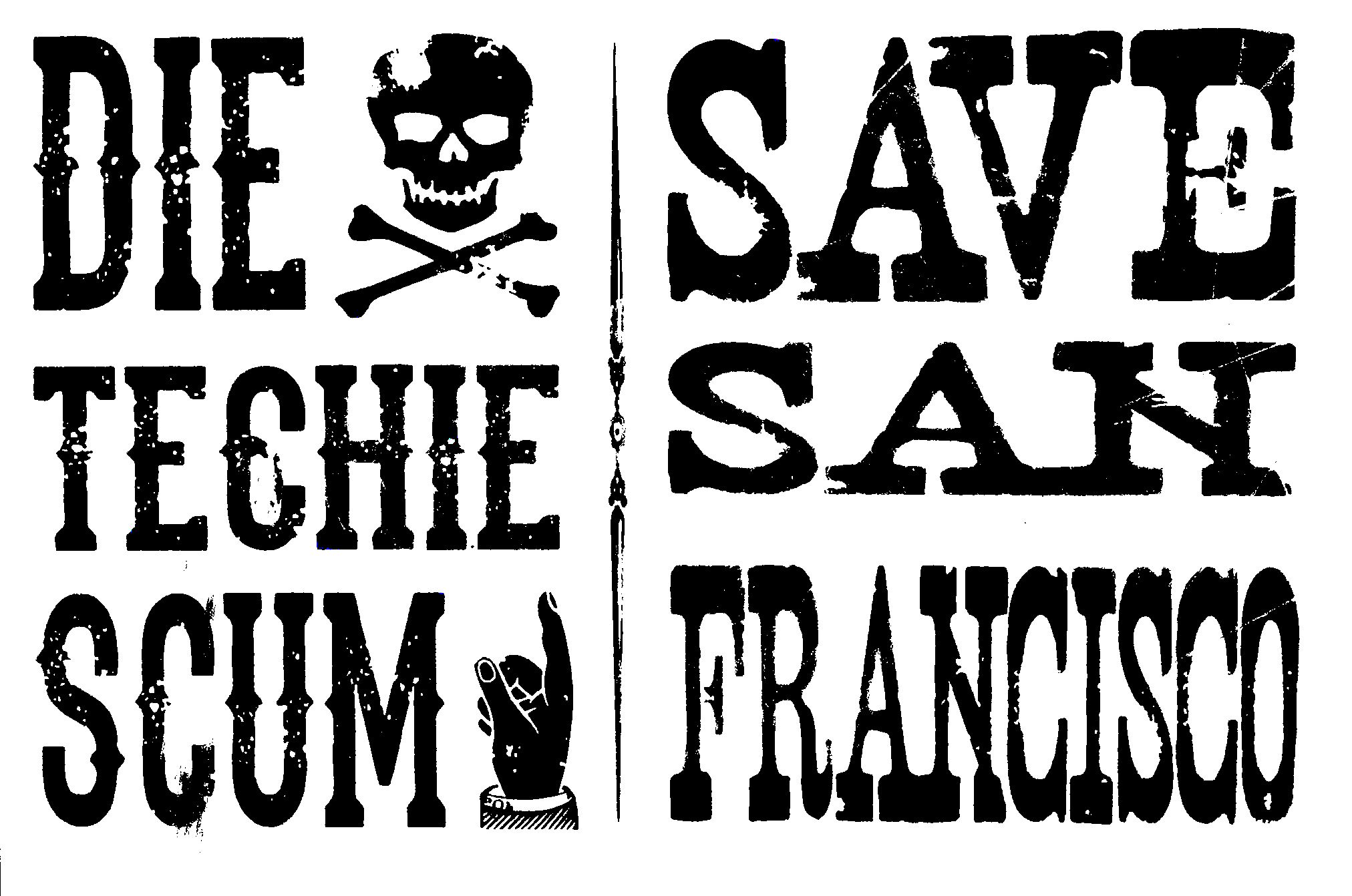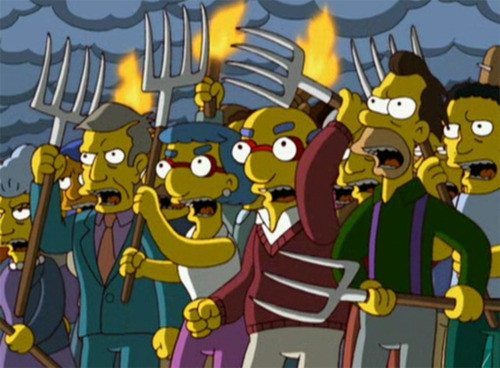
I loaded up my Netflix queue with a bunch of 80s movies that I either watched, or remember only as VHS boxes at the Village Market’s video rental section. Many of them are B-grade. Cannon shows up a lot. While watching Death Wish IV, and the original Death Wish, I realized that this was basically the fear / hope of the person that feels he must carry a concealed semi-automatic gun wherever he goes. Roving street gangs can occur at anytime! So when that thug demands your wallet, you put a bullet between his eyes!
Delta Force is an equally stupid film, even if it is a thinly veiled retelling of TWA Flight 847, but with guns instead of prisoner releases saving the hostages. It’s full of islamophobia and christian-zionism. Every muslim in the film is duplicitous, and every other scene is one where the special relationship with Israel is lauded. The catholic priest declares himself a jew because he’s a christian. A greek orthodox priest is a mossad spy. When the Good Guys™ torture enhance interrogate it works. When the Bad Guys™ torture, it doesn’t. And of course there’s the expressed threat of sleeper terrorists in America right now waiting to truck bomb the White House.
Perhaps the most interesting part of this whole film is when one of the terrorists tells the hostages about how his little girl was killed when “the Americans bombed Beirut”. George Kennedy (playing the aforementioned catholic priest) repeatedly says “You’re mistaken. Americans never bombed Beirut,” while the terrorist raises his voice says something about “the New Jersey.” The scene plays as terrorist-crazed-with-nonsensical-hatred, but the US did bomb Beirut. Reagan ordered the USS New Jersey to shell Beirut after the Marine barracks bombing, and then again three months later. So in reality the scene is more about how uniformed and opinionated Americans can be.
I guess this kind of makes sense given the Reagan cult of personality, and that Chuck Norris is considered a political columnist.








